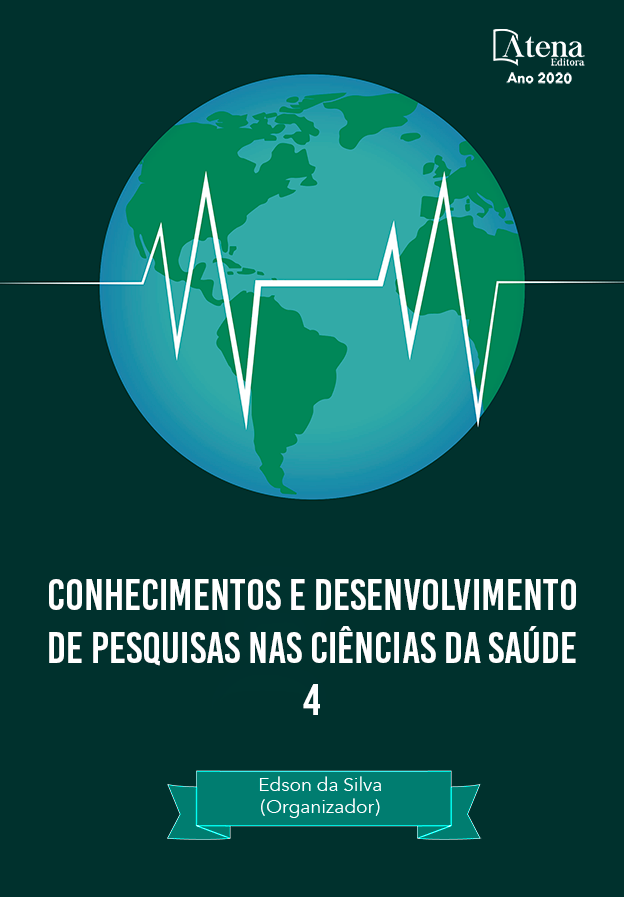
ANÁLISE DA COMPETÊNCIA LEITORA DE ESCOLARES PÓS TREINAMENTO AUDITIVO-FONOLÓGICO
O código alfabético requer uma competência cognitiva que a maioria das crianças não possui ao entrar na escola - a capacidade de identificar e isolar conscientemente os sons da fala. Dentro desta perspectiva, o bom desenvolvimento da consciência fonológica possui um papel fundamental na aquisição do sistema alfabético e da leitura. Dessa forma, esta pesquisa teve como objetivo analisar o desempenho da proficiência leitora após o treinamento de habilidades auditivas e de consciência fonológica em escolares com baixa competência leitora. Trata-se de um estudo clínico prospectivo, cuja amostra foi constituída por 12 alunos matriculados em uma Escola Municipal de Ensino Fundamental de Aracaju com queixa de dificuldade de aprendizagem, dentre os quais – quatro escolares do 2° ano, quatro do 3° ano e quatro do 4° ano. Após serem avaliados a partir do Teste de Compreensão de Sentença Escrita, Prova de Consciência Fonológica e prova quanto ao nível de velocidade na leitura, foi aplicado o Programa de Treinamento Auditivo e Fonológico, composto por 12 sessões que visam trabalhar as habilidades auditivas e fonológicas, a nível silábico e fonêmico. Os dados obtidos antes e após o treinamento foram analisados de forma quantitativa e comparativa, através da média das duas medidas feitas, sendo empregado o teste não paramétrico Mann-Whitney. Foi adotado o nível de significância de 5% (p<0,05). Ao reavaliar os escolares, todos os participantes da amostra apresentaram uma melhora significativa após o treinamento auditivo-fonológico. Tendo em vista o que a literatura traz a respeito da importância da consciência fonológica durante o processo de alfabetização, bem como a necessidade do treinamento das habilidades auditivas para um bom desempenho na leitura, foi comprovada nesse estudo a eficácia deste procedimento no que diz respeito aos benefícios no desempenho da competência leitora e, consequentemente, a melhora no quadro geral de atividades acadêmicas.
ANÁLISE DA COMPETÊNCIA LEITORA DE ESCOLARES PÓS TREINAMENTO AUDITIVO-FONOLÓGICO
-
DOI: 10.22533/at.ed.80820161120
-
Palavras-chave: Leitura; Fonoaudiologia; Aprendizagem
-
Keywords: Reading; Speech therapy; Learning
-
Abstract:
The alphabetic code requires a cognitive competence that most children lack when entering school - the ability to consciously identify and isolate speech sounds. Within this perspective, the good development of phonological awareness plays a fundamental role in the acquisition of the alphabetical system and reading. Thus, this research aimed to analyze the performance of reading proficiency after the training of auditory skills and phonological awareness in students with low reading competence. This is a prospective clinical study, whose sample consisted of 12 students enrolled in a Municipal Elementary School in Aracaju with complaints of learning difficulties, among which - four students from the 2nd year, four from the 3rd year and four from the 4th year. After being assessed using the Written Sentence Comprehension Test, Phonological Awareness Test and proof of reading speed, the Auditory and Phonological Training Program was applied, composed of 12 sessions aimed at working on auditory and phonological skills, at the syllabic and phonemic level. The data obtained before and after the training were analyzed in a quantitative and comparative way, through the average of the two measurements made, using the Mann-Whitney non-parametric test. The level of significance was set at 5% (p <0.05). When reassessing students, all participants in the sample showed a significant improvement after auditory-phonological training. In view of what the literature brings about the importance of phonological awareness during the literacy process, as well as the need for training auditory skills for good performance in reading, this study proved the effectiveness of this procedure with respect to benefits in the performance of the reading competence and, consequently, the improvement in the general framework of academic activities.
-
Número de páginas: 14
- Laura Verena Correia Alves
- Nuala Catalina Santos Habib
- Grasiella Pereira Ferreira
- Lorena Lima dos Santos Cardoso
- Gabriela Nascimento dos Santos
- Claudia Sordi
- Lavinia Vieira Dias Cardoso


